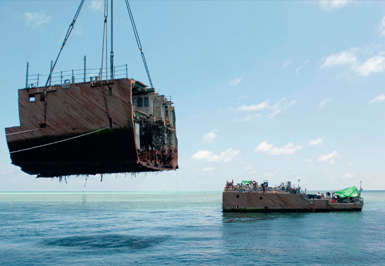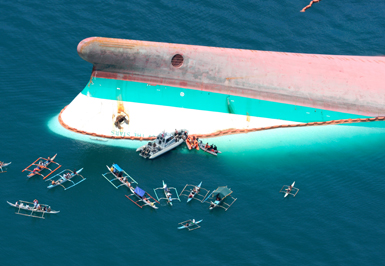Speak to a Houston Maritime Attorney if Your Work Environment is Not Drug Free
Every employee has the right to a workplace that isn’t plagued or impaired by drug use. This is especially true for maritime employees. Any mistake aboard a ship or offshore operation can have a dangerous ripple effect that leaves everyone at risk. Kirkendall Dwyer LLP can provide you with a Houston maritime attorney who will represent you if someone’s drug use has left you injured or unable to work.
Even if the drug use that caused the accident was from a coworker, there is often a case to be made against your employer, who may very well owe you money. For example, the drug use may have been a result of your employer’s failure to properly supervise their employees. It could also have come about because your employer did not enforce appropriate drug and alcohol testing aimed to keep you safe.
All employers are required by law to test potential workers for drugs before hiring. Furthermore, this testing is required to be ongoing for any crewmember, whether he or she is fulltime, part-time, seasonal, or contracted. Those who serve in a safety-related capacity must also be randomly tested. If your injury resulted as a failure to do so, the right Houston maritime attorney could be to your benefit.
Aside from just testing their workers, employers must also report any positive findings to the coast guard. So simply handling a positive result in-house, no matter how severe the punishment, isn’t enough on your employer’s part.
If an accident that wasn’t your fault has affected your ability to work, contact Kirkendall Dwyer LLP. They can provide you with the Houston maritime attorney you need to make sure your rights are being looked after. Another person’s poor judgment has left you impaired. Make the right decision now so you can mitigate the damage it can do to you going forward.









